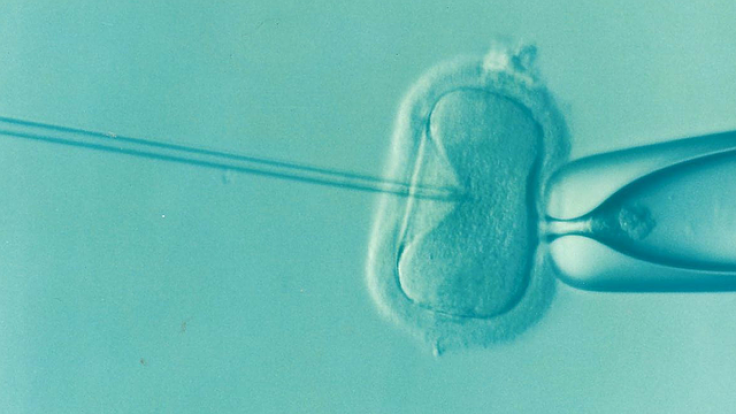
Through In Vitro Fertilization (IVF) and donor eggs, a family doesn't have to suffer with the burden of infertility. Families having trouble conceiving can still experience the miracle of childbirth thanks to companies like Donor Egg Bank USA, a nationwide egg donor bank source for frozen donor eggs.
While donor egg IVF offers hope to these families, the process is not an easy one and can be emotionally draining. Additionally, parents-to-be may have warranted concerns about using donor eggs and undergoing IVF. However, with the proper care, support system, and professional involvement, IVF doesn't have to be overwhelming.
The Donor Egg IVF Process
In Vitro Fertilization is a form of assisted reproductive technology in which an egg is fertilized and inserted into a woman's uterus to allow her to experience pregnancy. Depending on the reason behind infertility, sometimes a woman can't create her own viable eggs and must use a donor instead.
Families may choose an anonymous donor through an egg bank or opt for fresh donation, usually from a family member or friend. For fresh egg donation, both mother and donor must sync their menstrual cycles through hormone medication, which makes the process longer.
On the other hand, frozen eggs have already been retrieved, tested, and safely stored for future use, so there's no need to sync cycles. Furthermore, with frozen you can choose from a plethora of nationwide donor eggs, rather than being limited to a smaller regional pool with fresh.
When you begin the journey to IVF, you and your partner should undergo counseling and - if using fresh donor eggs - consult a lawyer about donor and parental rights. Once you've decided on donor egg IVF, all that's left to do is to move forward with the process.
Common Donor Egg IVF Concerns
Before you and your partner decide donor egg IVF is right for you, make sure you discuss and understand the following concerns to ensure the process is easier for both of you.
1. Emotional Toll
While IVF is a source of hope for many families, it doesn't mean the process is easy. IVF parents can experience excitement in the beginning, but the waiting and the possibility of failure can lead to frustration, grief, resentment, anxiety, and anger. Chances are you and your partner are already feeling these emotions as you continue to try and conceive on your own. Such emotions are common, and there are therapists and psychologists who specialize in infertility to help guide and prepare you for any difficulties.
2. Parental Evaluation
For those considering therapy, you and your partner may be concerned that you will be required to undergo an evaluation to determine whether you would be good parents. However, therapy is meant to help you through the process - not to evaluate your parental abilities.
According to EggDonationFriends.com, "Everyone can be a good parent if they are given enough positive affirmation and support from friends and family." Furthermore, considering this process alone proves you're ready to be parents.
3. Disclosure of Info
Just like adoption, many parents have qualms about telling anyone - let alone their child - about using donor egg IVF. While a reasonable concern, if you and your partner are on the same page, together you can figure out what and who to tell. Again, this is an aspect of donor egg IVF which you will discuss with a trained psychologist. This is where open communication is a must.
4. Custody Rights
Involving a third party in childbirth is always difficult, and the question of custody and visitation rights often arise. When you use an anonymous donor from an egg clinic, the donor has already relinquished their rights to their eggs. But, if you're using fresh eggs, it'll be very important to sit down with lawyers and decide on what both parties will agree to. With a legal contract in place and both sides represented, the process should be a lot easier.
5. Genetic Health Issues
Egg Banks vet their donors thoroughly, with many different health and genetic factors taken into consideration. With that said, it doesn't ensure problems won't occur in the future. This too should be outlined in the contract with both the donor and the egg bank. In some cases, donors can allow parents to contact them regarding health issues. If you outline concerns and come up with contingency plans, the entire experience will go more smoothly.
It's Okay to Not Be Okay
This will be a trying time, and being concerned about the procedure is normal. It's important to lean on your support system, as well as seek professional help, when feeling overwhelmed. Even a birth conceived through traditional means can prove to be a difficult time emotionally. It's important to remember that once you have that bundle of joy in your arms and watch him or her grow into an incredible man or woman, the uncertainty and anxiety you feel in this moment will be long forgotten.